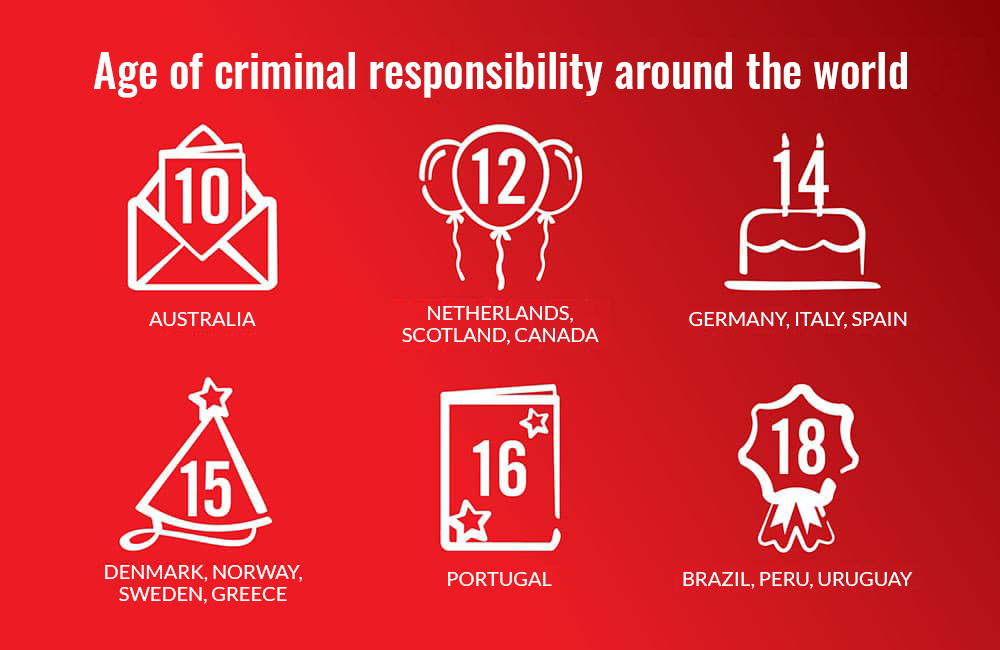Children as young as ten can be arrested, convicted and imprisoned
Raising the age of criminal responsibility is a key child rights issue – in Australia children as young as ten can be arrested by police, remanded in custody, convicted by the courts and imprisoned. We are calling for all Australian governments to raise the age to at least 14. This is consistent with recommendations from the UN Committee on the Rights of the Child and medical evidence about children’s development.

Other key recommendations included full incorporation of the Convention on the Rights of the Child into Australian law and policy, removing reservations to the Convention which allow Australia to detain children and adults together, and development of a National Plan for Children.
“The next steps in the Universal Periodic Review are for the Australian government to ‘accept’ or ‘note’ those recommendations before the 47th session of the Human Rights Council in June and July. We are calling on the Australian government to work collaboratively with civil society in deciding how to respond and to work with us from there to support implementation of these critical child rights issues,” says Simon.
“There will continue to be pressure from civil society and the international community for Australia to meet its obligations under the Convention of the Rights of the Child and other human rights bodies and treaties. The Universal Periodic Review outcomes showed that Australia has failed to address significant ongoing child rights violations, but the recommendations from foreign governments provide a roadmap for a better path that Australian governments can take.”
The most shocking abuse of child rights in Australia today
Over the next few years Save the Children will mount further pressure on the Australian government to remedy its record in youth justice. “One of the most egregious abuses of child rights happening at the moment is the treatment of children in the youth justice system,” says Simon. “And that is why we're so strong on the issue of raising the age of criminal responsibility. Raising the age will make a significant difference to children across Australia, especially Aboriginal and Torres Strait Islander children who are disproportionally affected.”
Also in our targets is greater consideration of the wellbeing of children when responding to emergencies and crises, including the ongoing effects of bushfires and other disasters.
Internationally, we will continue to advocate for the protection of children in protracted humanitarian crises. The crises that we see in countries such as Yemen or Syria have long-lasting detrimental effects on children in terms of their livelihood, their wellbeing, nutrition, education, and child protection, and we must ensure children are protected at all costs.
How our supporters make a difference
The wheels of change can turn slowly in spaces where we want to make change for children – in youth justice, protracted crises, climate change – but Simon is hopeful. “Every time we have a small victory that gives us additional hope. We are always thinking of the rights of children and what is in the best interests of children. When we make our message strong, clear and backed by evidence, we can be convincing and drive policy change.”
Knowing that there’s a strong well of public support through petitions, conversations and the media is another cause for hope.
“We encourage advocates to follow our work through our social media accounts. We also share submissions, reports and other content through our website so our supporters can stay informed,” says Simon.